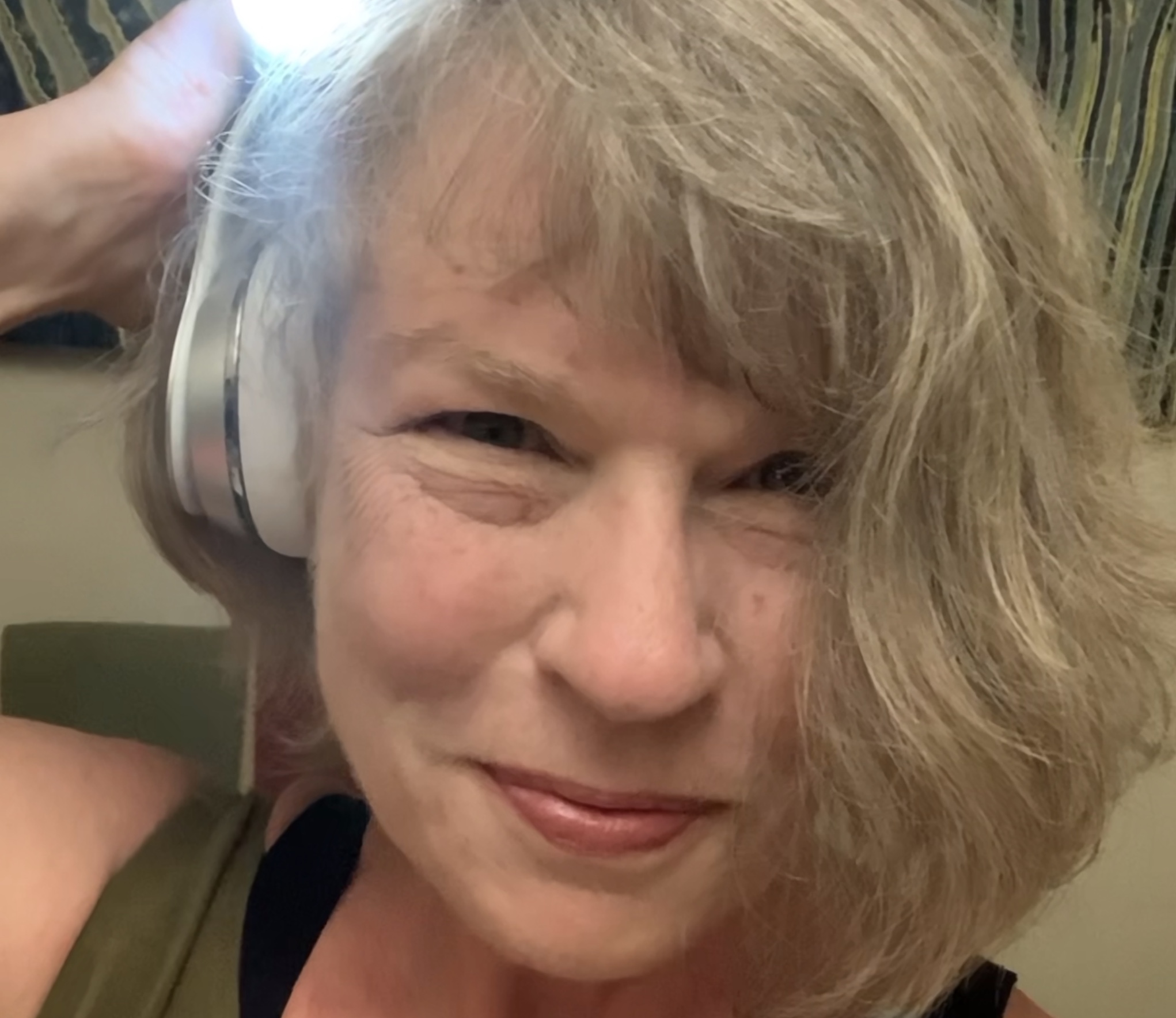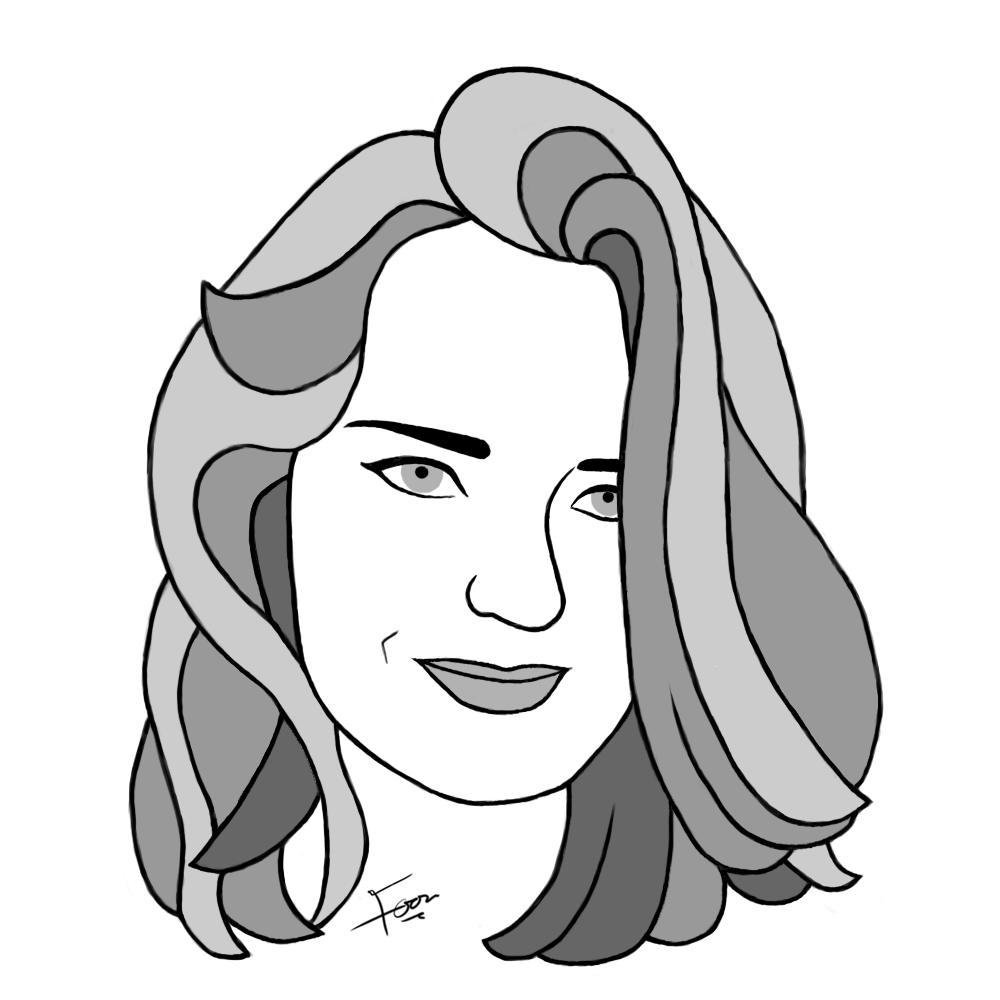This post isn’t to exclude anyone or anything, I’m just curious how people understand the term.
According to the Cleveland Clinic:
People who identify themselves as neurodivergent typically have one or more of the conditions or disorders listed below. However, since there aren’t any medical criteria or definitions of what it means to be neurodivergent, other conditions also can fall under this term as well. People with these conditions may also choose not to identify themselves as neurodivergent.
- Autism spectrum disorder (this includes what was once known as Asperger’s syndrome).
- Attention-deficit hyperactivity disorder (ADHD). […]
I think, as someone who was diagnosed with ADD when young and Asperger’s in my 20’s, the term applies. But I’d much rather be called Neurodivergent than other labels, if I had to pick one.
I like that neurodivergence is a great big broad category. Each individual type represents a very small population that is easy to ignore and scapegoat. Adding up the huge variety of neurodiversity, genetic and acquired, gives us enough numbers to get something done.
I am dyslexic, autistic and bipolar. Not one of these groups have enough numbers on there own to effect change. The same accommodations that I need to function with one issue are the same accommodations I need to deal with them all, adequate education, adequate health care, adequate tools & technology, adequate shelter, adequate nutrition, and an adequately civil society. Just like every other human on the planet.
We need to speak with one voice. How neurodivergence is dealt with is inadequate for all of us.
To me, my idea of neurodivergence is that it’s a more neutral term what we’d typically call neurodevelopmental disorders, and could potentially be extended to personality disorders. Neurodivergent people are those with (typically) lifelong differences in brain function. I think it’s a helpful concept at times but I also think it’s far too vague and more specific diagnoses exist for a reason.
I’m torn on including personality disorders because on one hand, they feel more squarely problematic (particularly as someone whose mother is Borderline), but on the other, it’s possible that “feeling squarely problematic” is influenced a whole lot by culture and personal opinion. I’ve experienced being judged by other people’s shitty personal opinions too often to feel comfortable doing it with other people.
I completely see where you’re coming from with the idea of including personality disorders because of that “feeling squarely problematic” definition. Drawing on some personal experience, I don’t personally view myself as having a clearcut case of Asperger’s because 1) it was never severe enough to be a huge problem and 2) it was diagnosed after I was already an adult, by one psychiatrist (out of many).
Saying to someone “I’m considered neurodivergent” makes more sense to me than saying “I might be on the Autism Spectrum, depending on who you ask.”
Good insight!
…Granted, most psychiatrists are idiots when it comes to ASD. They’re operating on outdated as hell info and their own biases. I’ve seen way too much “well gee you’re holding a conversation with me, there’s no way your autistic” to actually take diagnosis seriously. I was diagnosed at six years old- It was obvious then and there was a ton of intervention- If I went for a diagnosis now, oh boy.
That’s a great point wrt: diagnosis as an adult. Many folks with ASD have learned how to mask effectively enough that they are then dismissed by psychiatrists later in life because they’re not exhibiting specific symptom.
Hey, I want to ask, how are you managing to post comments here from 4d2’s Lemmy instance? I’ve tried posting comments on other instances but it seemed like it was never going to go through.
Saying to someone “I’m considered neurodivergent” makes more sense to me than saying “I might be on the Autism Spectrum, depending on who you ask.”
I think there’s also a lot of liminal space inbetween different diagnoses where people might otherwise need to say “I might have ADHD or maybe I’m autistic, or maybe both, but it’s hard to say” and “I’m neurodivergent” might be a frankly more useful way to describe the situation.
I remember a similar discussion I had when an article labelled Kanye West as neurodivergent when he came out as bipolar. Part of it felt true, owning your mental illness as part of you is a part of labelling yourself neurodivergent. But I want to draw some separation between the symptoms and my personality. Plus I don’t want to glorify symptoms that cause a lot of people problems (including me). Having ADHD means I think differently than other people/have different life experiences and I like to see those as the main parts of neurodivergence.
My ability to hyperfocus is part of my ADHD but I feel like my ability to connect concepts in unlikely ways that other people don’t is part of neurodivergence. Also my ability to notice spiders on ceilings (it’s totally not cuz I’m looking all over the place). I just recommended a way for a student on how to take notes from videos because it’s something I struggle with so much and I notice where the difficulty is where other people miss it because it doesn’t affect them as much.
There is currently no strict medical definition of neurodivergent, which means we have some control over the word ourselves, which is nice. I’m currently reading “Unmasking Autism” and this section taught me a little bit about what the term might mean.
Almost anyone can be viewed as defective or abnormal under our current medicalized model of mental illness—at least during particularly trying periods of their lives when they are depressed or their coping breaks down. In this way, neurotypicality is more of an oppressive cultural standard than it actually is a privileged identity a person has. Essentially no one lives up to neurotypical standards all of the time, and the rigidity of those standards harms everyone.[42] Much as heteronormativity harms straight and queer folks alike, neurotypicality hurts people no matter their mental health status.
Autism is just one source of neurodiversity in our world. The term neurodiverse refers to the wide spectrum of individuals whose thoughts, emotions, or behaviors have been stigmatized as unhealthy, abnormal, or dangerous. The term was coined in 1999 by sociologist Judy Singer. In her honor’s thesis, Singer wrote about the difficulty of making sense of her daughter’s disabilities, which closely resembled traits her own mother exhibited when Singer was growing up. At the point that Singer was writing, Autism was poorly understood, and adults with Autistic traits, such as Singer’s mother (and Singer herself) rarely received diagnoses. Singer’s daughter seemed to inhabit a space somewhere between Autism, ADHD, and a variety of other disabilities. All three women were difficult to neatly categorize, which only obscured just how marginalized and socially adrift they all were. Just because their challenges couldn’t be easily named didn’t mean they didn’t exist.
“My life as a parent was a battleground for various belief systems,” she writes,[43] “all of which had one thing in common: an inability to come to terms with human variability.” Singer and her family were disabled in a way that no one knew how to name, so she created a name for them: they were neurodiverse, and they suffered because the world demanded they be neurotypical. These terms would be popularized by journalist Harvey Blume and widely adopted by disability advocates a few years later. The label neurodiverse includes everyone from people with ADHD, to Down Syndrome, to Obsessive Compulsive Disorder, to Borderline Personality Disorder. It also includes people with brain injuries or strokes, people who have been labeled “low intelligence,” and people who lack any formal diagnosis, but have been pathologized as “crazy” or “incompetent” throughout their lives. As Singer rightly observed, neurodiversity isn’t actually about having a specific, catalogued “defect” that the psychiatric establishment has an explanation for. It’s about being different in a way others struggle to understand or refuse to accept.
Interesting question. I actually had a conversation about this with friends recently, one of the group had just gotten an ASD diagnosis and we realised we were all neurodivergent–except, did I count? We quickly concluded that that didn’t really matter, but now I’m curious what y’all think.
Due to a medical event years ago, I suffered brain damage. It didn’t really “break” functions, but since then I’ve had trouble with concentration, energy, mental planning, and perhaps most importantly I get overstimulated really easily. I can’t handle a conversation while the radio is on, I wear ear plugs when I need to go into a shop, I can’t watch busy/flashy tv shows, if someone is fiddling with something in their hands I get an urge to run away, etc. It might not sound like much to some, but it’s left me unable to work (there’s more than I described).
I realise that neurodivergence is mostly used for differently developed brains. But mine also don’t function “typically”. What do you think?
(And just to reiterate, it really doesn’t matter, I know how I am and how my brain works now and a label isn’t important to me, I’m just wondering if the general public would find it strange if I said I’m neurodivergent).
@Foon @Subito I’ve had cancer. It was in my brain stem. I do have brain damage now. I believe the brain damage made me come out of multiple closets including the autism one. I’m reevaluating my life right now and realizing that I was always autistic, but very good at masking. My cancer damaged my capabilities at masking.
I’m sorry that happened to you. Although it sounds like you really are using your experiences in a positive way, to evaluate and get to know yourself better. Would you like to share a bit about what the brain damage means for you?
@Foon The worst of it was seizures, double and blurry vision, walking with a walker. That is healed but I now have chemo brain (I get forgetful), I make more typos… and I came out of the closet as pansexual, polyamorous, into BDSM and autistic. I already knew I was pansexual but was monogamous with an opposite-sex partner for 26 years. I was advocating for polyamory but not for myself. I thought I could be autistic but never pursued a diagnosis. The surprise was the BDSM bit (caregiver Dom).
@Foon @Subito
There are definitely people who believe that the term neurodivergent only applies to people who are born with the neurological difference, but from what I’ve seen, a lot of people understand it to be much wider than that.Traumatic brain injury is definitely an example of neurodivergency as far as I’m concerned.
I don’t see the point of this particular form of gatekeeping, especially since we don’t know whether a person might be born with a nervous system that makes them more vulnerable to certain conditions like eating disorders, depression, etc, which some people argue shouldn’t be included under neurodivergence.
I think all neurological differences are neurodivergent, including dementia, narcissist personality disorder, fetal alcohol syndrome, epilepsy, eating disorders etc
There’s a recent episode on the Neurodivergent Woman about Traumatic Brain injury that touches on this.
I’m not sure why you call this gatekeeping. What I was talking about is whether people will get it. It’s like, if you’re talking to an arbitrary person and you’re referring to e-sports as sports, most people will be confused. Without any kind of judgment or gatekeeping intended, simply, most people’s concept of “sports” does not include e-sports. And simply observing that this difference in perception exists is not gatekeeping.
So that’s what I was curious about. If I say I’m neurodivergent as a way to quickly explain my situation, will people in general understand or be confused?
Sorry but my experience is that you will just have to explain what neurodivergence is. People in general have no idea. I once told my roommate I have ADHD and she had vaguely heard of it but I still had to explain it. She was 29. I’ve had conversations where I say things like “you should take neurodivergent people into account for this event/design/layout/schedule” and they will have this clueless look.
@Foon Sorry I didn’t mean that *you* were gatekeeping, Foon! I’m sorry if it came across like that.
I meant that I think that people who have a strong opinion that TBI is not part of neurodivergence are gatekeeping.
It’s a difficult question to answer because most people (in my experience) don’t know what’s meant by neurodivergence. Or not in the offline world, anyway.






